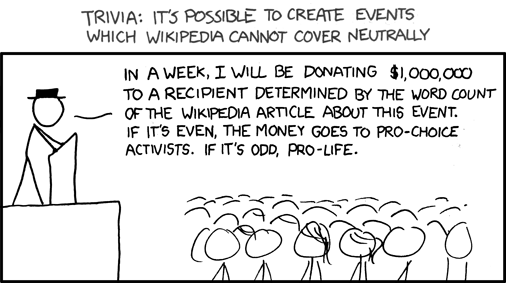
No, not this dapper font of information available five days a week -- I mean the non-mustachioed resource that's open all the time.
ALEX, an Alabama Department of Education online initiative made possible via private donations and federal/state funding, offers students, parents, teachers and administrators a variety of free educational materials and information, including lesson plans, web resources, and interactive activities.
The ALEX team -- a murderer's row of talent from a cross section of university, K-12, and some guy from NASA (what does that guy think he is, some kinda rocket scientist?) has adopted as its motto "Quality for Every Facet of Learning," and their dedication is clear from the materials assembled to date. There are some extraordinarily valuable resources there, especially example lesson plans. We all love lesson plans, right?
Also, ALEX has a Facebook page. You can "friend" ALEX. ALEX promises not to obsessively check your relationship status or send you the " Which True Blood Character Are You?" survey.







